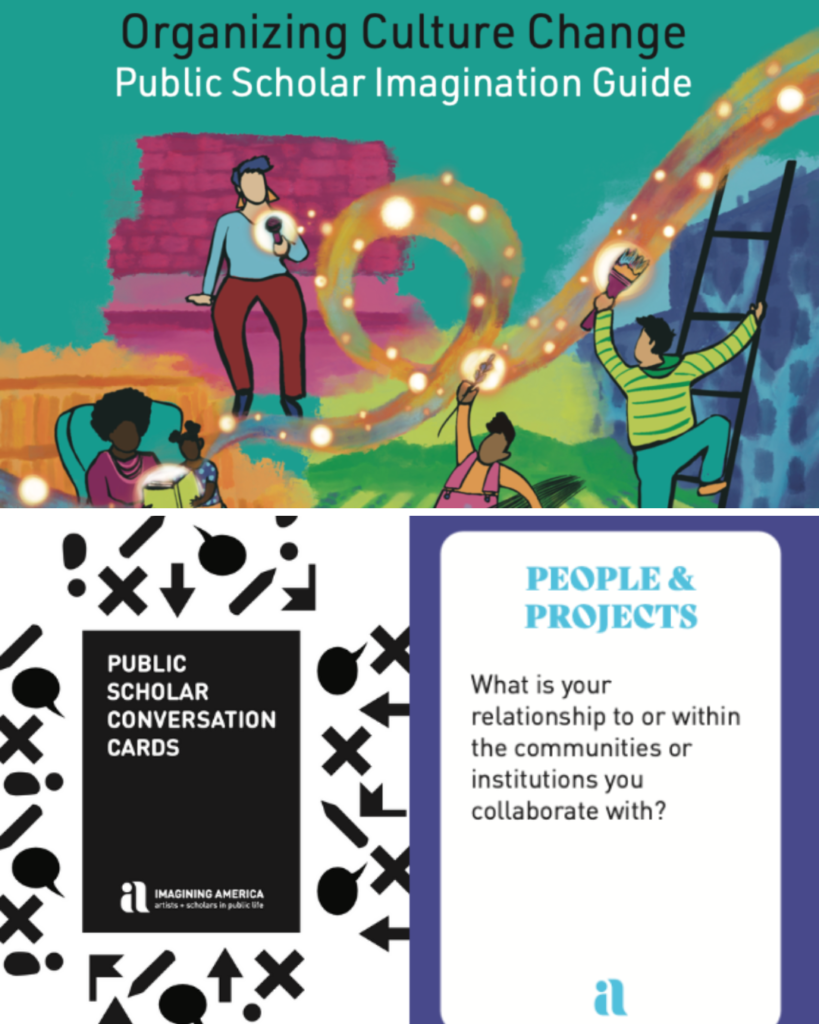Reading, Living, and Teaching Black Literature
By Cristovão Nwachukwu
My work is rooted in Blackness. My doctoral research investigates African novels that portray Black African immigrants who migrate to the United States and Europe and how these migrations affect African families. I examine how migration and racialization operate to both reconfigure Black African families and build diasporic communities that either complement or replace the family structure. These stories mirror my life’s journey as a Brazilian-Nigerian who strives to give visibility to the writings of marginalized groups. The overlap between my personal story and researching about the connections between African migration and the traumas it inflicts on family units has shaped my journey as a PhD student. I work to create inclusive spaces for my communities, expose audiences to diverse worldviews, and challenge oppressive systems against marginalized groups.
Such endeavor to highlight the importance of literature as a tool for social change motivated me to bring my research to other spaces. In February 2022, I was invited to curate a museum exhibit at the A. Quinn Jones Museum for a public humanities project entitled Conversations in the Neighborhood. My curation involved selecting quotes from prominent Black writers about Black love and their multifaceted expressions. This conversation was part of the contribution from a group of artists, academics, and teachers from Gainesville, who have tirelessly fought for Black rights in the city. In turn, making literature accessible to the general public gave me the opportunity to transgress the bounds of traditional academic scholarship. Additionally, I have given lectures to high schools in Gainesville about colonization, imperialism, and history in African literatures.
My scholarship has also informed my teaching philosophy. I have taught courses on immigrant experiences, African cultures, and multicultural communities, designed to give students the opportunity to study transnational networks. Furthermore, I employ non-traditional modes of teaching, which include asking students to write poems, compose paintings, and create digital zines where they combine literary and visual analysis. This semester, I asked students to make a multimedia project about diverse communities at the University of Florida and in Gainesville for a digital map. Through my inclusive pedagogy that nurtures creative practices, I provide dynamic learning opportunities that improve students’ reading, writing, and critical thinking skills.
In 2020, I was a member of the organization committee for the Achebe @ 40 conference, which celebrated the meeting of the writers Chinua Achebe and James Baldwin in Gainesville forty years ago. We created the event to reflect upon the legacy of two of the most important Black writers of the diaspora with artistic presentations and academic panels. For this event, I organized graduate students’ contributions in a panel I created and chaired.
My work will always be rooted in Blackness. Ensuring that my academic work, teaching, and service foster practices that enrich the communities I belong to will hopefully generate more inclusive spaces in academia.
Image Description: A picture I took from my A. Quinn Jones museum curation. In the image, there are ten squares hung on a white wall. Eight of them contain quotes from famous Black books, with two in the center with my bibliographical information, and information about my curation.



I appreciate your commitment to continuously building and enriching the relationships between the communities you belong to and academic spaces. What stands out is your ability to make literature accessible to the general public in Gainesville and beyond. Your project entitled Conversations in the Neighborhood exemplifies the reciprocal relationship between your academic work and publicly engaged work. Here, I see how you recognize folks in the continued fight for Black rights in Gainesville in relation to your work that builds upon that. Specifically, I see this in your pedagogical practices with your students. You ensure their contributions are realized by promoting various ways for them to engage studies of transnational networks. I look forward to learning from you and the people of Gainesville.